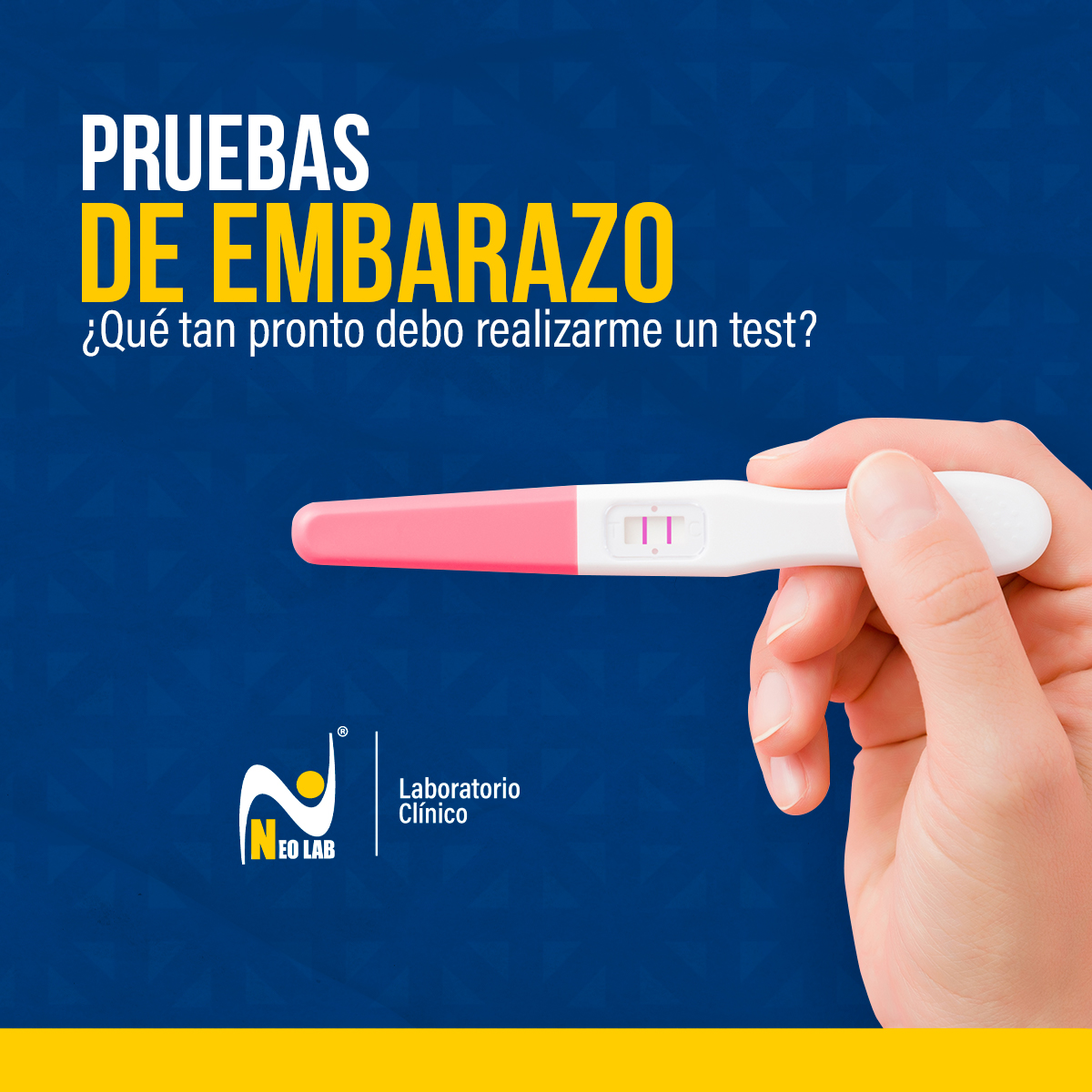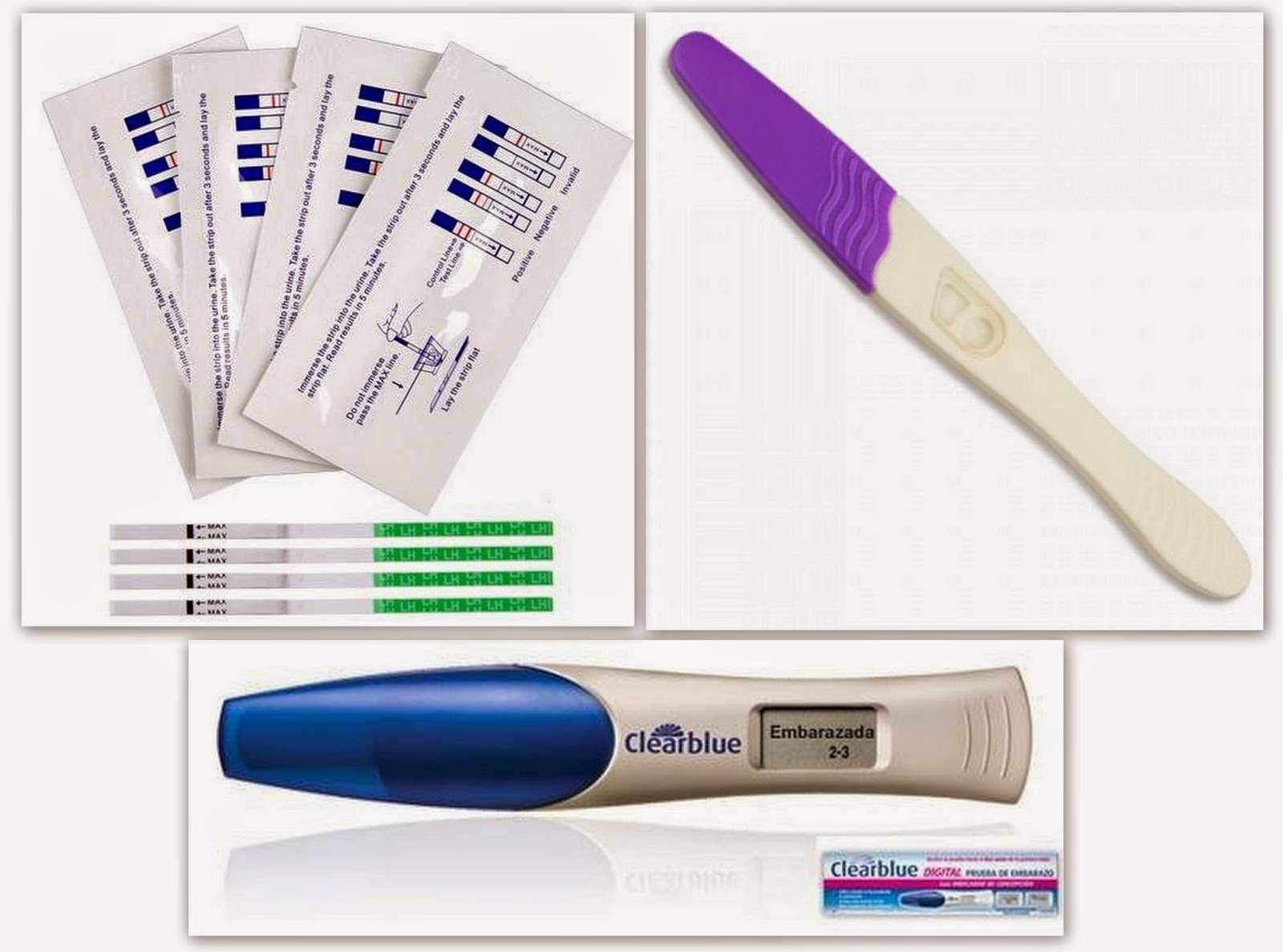Have you ever heard of the chlorine pregnancy test? It's a topic that has sparked curiosity and debate online. People are searching for alternative methods to confirm pregnancy, and this one involves using chlorine. But is it really effective? Let's dive into the details and separate fact from fiction.
If you're reading this, chances are you're curious about the pregnancy test with chlorine method. I get it – we all want quick answers when it comes to something as important as pregnancy. But before you rush to your pool or grab some bleach, let's explore what the science says and whether this DIY test is actually worth trying.
This article will break down everything you need to know about chlorine pregnancy tests. We'll cover the science behind it, potential risks, and more reliable alternatives. By the end, you'll have a clear understanding of whether this method is legit or just another internet myth. So, grab a snack, sit back, and let's get into it, shall we?
- Lauryn Hill Locs The Ultimate Guide To Her Iconic Style
- Pinkie Pie Dti The Ultimate Guide To Her Dti Adventures
What Exactly Is the Chlorine Pregnancy Test?
The chlorine pregnancy test is a DIY method that claims to detect pregnancy using chlorine or bleach. The idea is simple: mix your urine with chlorine and watch for a reaction. But is it really that simple? Let's break it down step by step.
This method has gained popularity on social media platforms, where people share their experiences and results. However, it's important to approach such claims with a healthy dose of skepticism. After all, not everything you see online is backed by science.
How Does the Chlorine Test Supposedly Work?
Here's the basic process:
- Did Skirby Do It With A Dog Unveiling The Truth Behind The Controversy
- Azealia Banks September 9 The Untold Story Of A Fearless Icon
- Collect a small sample of your urine.
- Add chlorine or bleach to the sample.
- Look for a reaction, such as bubbling, fizzing, or color changes.
The theory is that hCG (human chorionic gonadotropin), a hormone present during pregnancy, reacts with chlorine to produce these changes. But does it really work? Let's find out.
Is There Scientific Evidence Supporting This Method?
Let's get real for a second – there's no scientific evidence to support the effectiveness of the chlorine pregnancy test. Studies have shown that hCG doesn't react with chlorine in the way this method claims. In fact, most reactions you see are likely due to the acidic nature of urine interacting with chlorine, not the presence of hCG.
Medical professionals strongly advise against relying on this method. Pregnancy tests sold in stores or conducted at clinics are far more accurate and reliable. These tests are specifically designed to detect hCG levels accurately, ensuring you get the right results.
Potential Risks of Using Chlorine for Pregnancy Testing
While the idea of a DIY test might sound appealing, it's essential to consider the risks involved. Chlorine and bleach are powerful chemicals that can be harmful if mishandled. Here are some potential dangers:
- Respiratory irritation from inhaling fumes.
- Skin irritation or burns if the chemicals come into contact with your skin.
- Potential contamination of surfaces or objects used during the test.
Remember, safety should always come first. If you're unsure about any method, it's best to consult a healthcare professional. They can provide you with accurate information and guide you through the process.
Why Do People Use DIY Methods Like This?
There are several reasons why people turn to DIY methods for pregnancy testing:
- Cost – Store-bought tests can be expensive, especially if you're on a tight budget.
- Accessibility – Not everyone has easy access to healthcare facilities or pharmacies.
- Curiosity – Some people simply want to try unconventional methods out of curiosity.
However, it's crucial to weigh the pros and cons before trying any unverified method. Your health and well-being should always be your top priority.
Are There Other DIY Pregnancy Tests Worth Trying?
While the chlorine test isn't reliable, there are other DIY methods floating around the internet. Some popular ones include:
- Vinegar and baking soda tests.
- Toothpaste tests.
- Soap water tests.
Like the chlorine test, these methods lack scientific backing and shouldn't be relied upon for accurate results. If you're serious about confirming pregnancy, it's best to stick with tried-and-true methods.
What Are the Most Reliable Pregnancy Tests?
If you're looking for accurate and reliable results, here are your best options:
- Home pregnancy tests – These are widely available and easy to use. They detect hCG levels in your urine and provide results within minutes.
- Urine tests at clinics – These tests are similar to home tests but conducted by medical professionals for added accuracy.
- Blood tests – These tests measure hCG levels in your blood and are considered the most accurate method available.
Each option has its own benefits and drawbacks, so it's important to choose the one that works best for you. Consulting with a healthcare provider can help you make an informed decision.
How Accurate Are Home Pregnancy Tests?
Home pregnancy tests are generally very accurate, especially when used correctly. Most modern tests can detect hCG levels as low as 25 mIU/mL, making them reliable even in early pregnancy. However, accuracy can vary depending on factors like:
- When you take the test – Testing too early can lead to false negatives.
- Following instructions – Skipping steps or not reading the manual can affect results.
- Expiration dates – Using an expired test can compromise its accuracy.
For the best results, follow the instructions carefully and take the test at the recommended time.
Tips for Using Home Pregnancy Tests
Here are some tips to ensure accurate results:
- Take the test first thing in the morning when hCG levels are highest.
- Read the instructions thoroughly before starting.
- Check the expiration date before purchasing.
By following these simple guidelines, you can increase the likelihood of getting accurate results.
When Should You See a Doctor?
While home tests are convenient, they shouldn't replace professional medical advice. If you receive a positive result, it's important to schedule an appointment with your healthcare provider. They can confirm the pregnancy and guide you through the next steps.
Additionally, if you experience any unusual symptoms or have concerns about your health, don't hesitate to seek medical attention. Your doctor is there to support you and ensure everything is on track.
Dispelling Common Myths About Pregnancy Testing
There are plenty of myths surrounding pregnancy testing, and it's important to separate fact from fiction. Here are a few common misconceptions:
- DIY tests are just as accurate as store-bought ones – False! DIY methods lack scientific backing and shouldn't be relied upon.
- You can't take a test too early – False! Testing too early can lead to false negatives, so it's best to wait until after a missed period.
- Home tests can't detect early pregnancy – False! Many modern tests can detect pregnancy as early as a week before your period is due.
Staying informed and consulting reliable sources can help you avoid falling for these myths.
Final Thoughts and Next Steps
In conclusion, the chlorine pregnancy test is not a reliable method for confirming pregnancy. While it might sound intriguing, it lacks scientific evidence and poses potential health risks. If you're trying to confirm pregnancy, it's best to use proven methods like home tests or consult a healthcare professional.
Remember, your health is important, and it's always better to err on the side of caution. If you found this article helpful, feel free to share it with others who might benefit from the information. And don't forget to explore more content on our site for all things related to health and wellness!
Table of Contents
- What Exactly Is the Chlorine Pregnancy Test?
- Is There Scientific Evidence Supporting This Method?
- Potential Risks of Using Chlorine for Pregnancy Testing
- Why Do People Use DIY Methods Like This?
- What Are the Most Reliable Pregnancy Tests?
- How Accurate Are Home Pregnancy Tests?
- When Should You See a Doctor?
- Dispelling Common Myths About Pregnancy Testing
- Final Thoughts and Next Steps
- Tilted Tiktok Emojis The Ultimate Guide To Decoding Viral Expressions
- Kawaii Funneh From The Krew Drawing Cookie Kingdom Adventures


